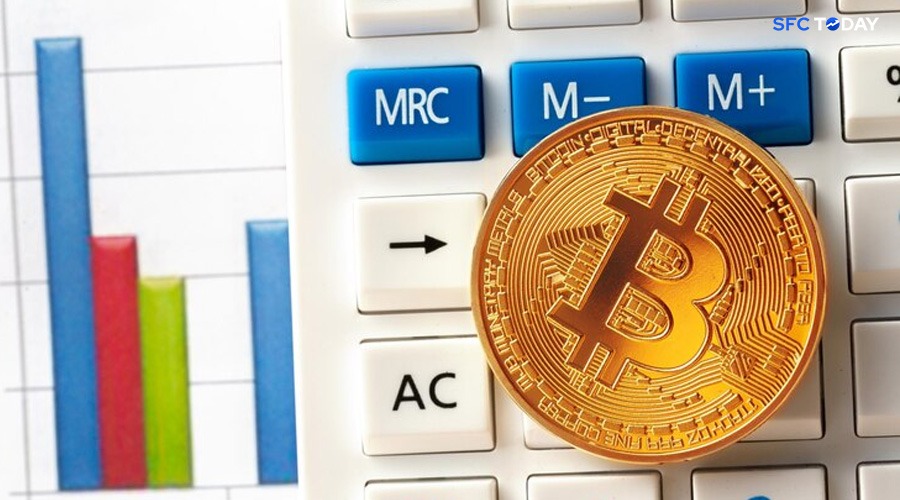Legal status and future of cryptocurrency in India
Cryptocurrency in India is a tangled web of innovation, regulatory issues, and an ever-changing market. As India, the world’s largest democracy, attempts to incorporate this innovative technology into its financial system, there are certain debates regarding the legal status and regulations. The government of India’s stand on cryptocurrencies has oscillated between being cautious and open-minded.
The Introduction of Cryptocurrency Bill in 2021
In 2013, the RBI issued a circular warning users about the potential security risks associated with cryptocurrencies.
In 2017, a new circular from the Reserve Bank of India (RBI) highlighted concerns about virtual assets or coins again. In the first quarter of 2018, RBI issued a circular stating that it is prohibited for banks or financial institutions to trade in virtual currencies or crypto exchanges.
Finally, The Cryptocurrency Bill in 2021 was introduced in the Lok Sabha and was the first step towards regulating India’s booming cryptocurrency market. The bill lays down the rules for the RBI’s official digital currency, which will support and leverage existing cryptocurrency technologies while prohibiting all other private cryptocurrencies in India.
Shri Pankaj Chaudhary, The Minister of State Finance on behalf of the Ministry of Finance stated, “Crypto assets are by definition borderless and require international collaboration to prevent regulatory arbitrage. Therefore, any legislation on the subject can be effective only with significant international collaboration on evaluation of the risks and benefits and evolution of common taxonomy and standards.” He further stated that the crypto policy ecosystem and crypto assets belong to the Ministry of Finance.
Cryptocurrency as a Controversial Subject
Cryptocurrency has been a controversial subject since its inception. Some nations believe in the power of cryptocurrency as a decentralized asset, while others do not. The legality of crypto varies from one nation to another. Crypto is used as an anonymous medium to carry out transactions between account holders around the world. This raises currency issues for the governments of various countries. Some government officials or legislators may not allow the use of cryptocurrency due to a lack of control and illegal connections.
Legal Status of Cryptocurrencies in India
There is no central authority regulating the use of cryptocurrencies as a medium of payment in India. There are also no rules and regulations governing the settlement of disputes while dealing with cryptocurrencies. As a result, trading in cryptocurrencies is carried out at the risk of the investor.
Finance Minister Nirmala Natarajan’s proposal to tax digital assets has reignited the debate on the legal status of cryptocurrencies in India. While many have supported the move as it is a first step towards recognizing virtual currency, the government has yet to make any official statement on whether cryptocurrencies such as Bitcoin are legal in India or not.
Crypto Taxation in India
In India, virtual digital assets or crypto assets are taxed after the Union budget 2022, in which the Hon’ble Finance Minister of India, Mrs Nirmala S. Sitharaman announced the introduction of a new virtual asset class for the first time. The government has officially classified all digital assets including crypto assets under the category of “Virtual Digital Assets”. This includes all the cryptocurrencies like Bitcoin, Ethereum, etc. as well as other digital assets like NFTs.
It’s important to know about the implication of crypto tax when one is engaged in swap, sale or expenses related to crypto assets. In India, profits generated from crypto transactions are taxed at the rate of 30% plus surcharges and cess of 4%.
There are no provisions for lower tax rates on long-term capital gains for crypto assets. Except for the acquisition cost, there are no deductions.
1% TDS applies to the transfer of VDA. The 30% tax rate came into force on 1st April 2022 while the 1% TDS came into force on July 1, 2022.
Cryptocurrency when received as a gift or transferred then the receiver is taxed for it.
If you incur a loss on your virtual asset investment, that loss cannot be adjusted against your other income.
All crypto asset gains must be reported on Schedule VDA. Keeping up to date with these tax rules and meeting your reporting requirements will help you manage your tax related to the crypto asset transactions.
Future of Cryptocurrency in India
The Cryptocurrency Bill seeks to regulate the booming market of cryptocurrencies in India. Cryptocurrency trading platforms such as WazirX and CoinDCX in India, as well as Zebpay, among others, have seen a huge increase in trading volumes in recent times. An unregulated crypto market is both unfavorable and dangerous, even when the government is trying to protect the youth entrepreneurs and investors.
Many Indians view cryptocurrencies as an investment opportunity and an entry point into the emerging digital economy. There are several cryptocurrency exchanges and start-ups in India and some companies have started to accept cryptocurrencies as payment methods.
Cryptocurrency in India is expected to grow in terms of adoption, interoperability with existing financial systems, and innovation in areas such as blockchain technology. Cryptocurrency Bill 2021 is still pending in the Parliament and may take some time to be cleared for consultation. While the Government of India has taken a step in this direction by introducing a tax on virtual assets in the Union Budget 2022, the introduction of a Cryptocurrency Bill marks a significant milestone.







